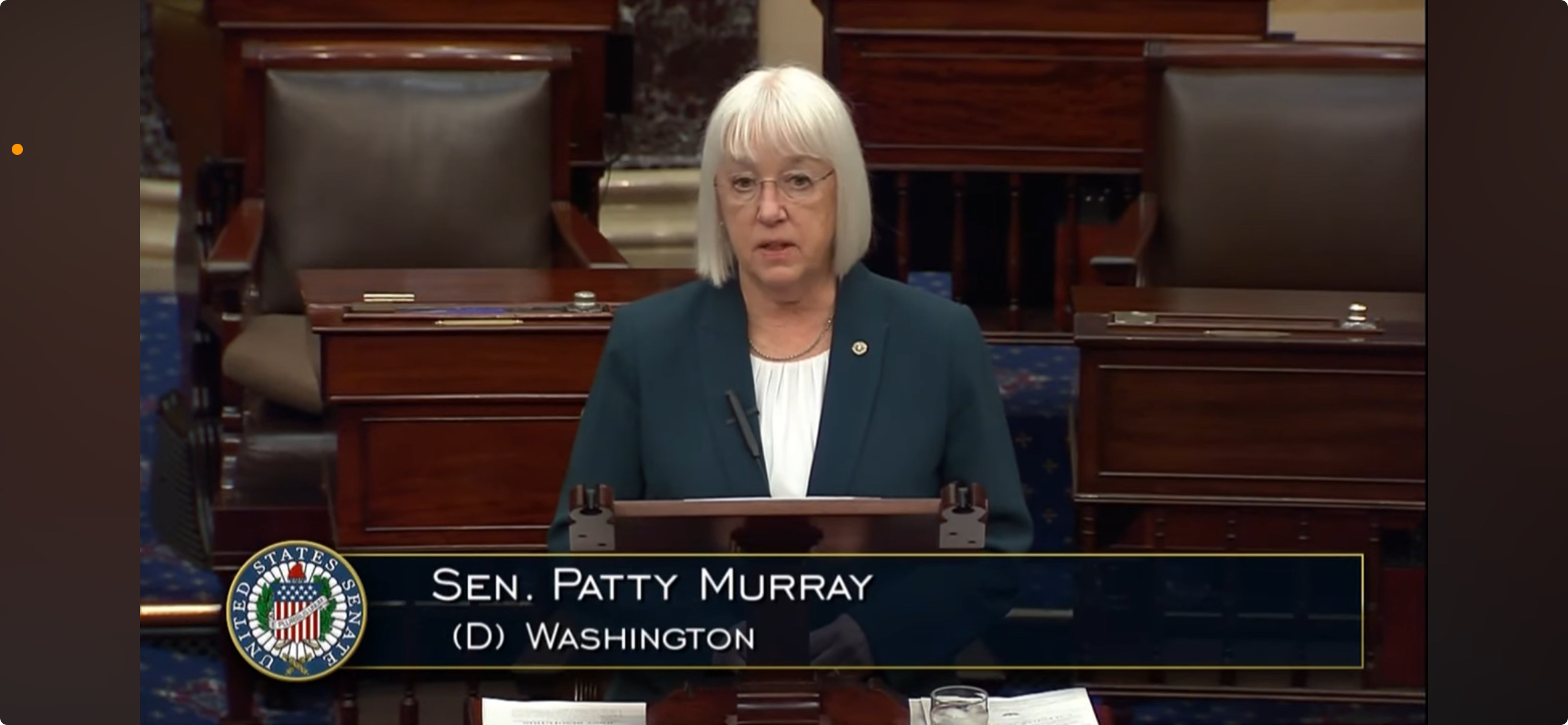
The Strategic Training Initiative for the Prevention of Eating Disorders (STRIPED) at the Harvard T.H. Chan School of Public Health and Boston Children’s Hospital, the Academy for Eating Disorders (AED), and Deloitte Access Economics released a report revealing that eating disorders cost the economy nearly $65 billion in Fiscal Year (FY) 2018-19, which included a $48.6 billion (75.2%) loss in productivity, and that the number of eating disorder cases is estimated to increase nearly 5% over the next decade.
These findings come to light during the COVID-19 pandemic when eating disorder behaviors, directly related to the crisis, are on the rise and patients are experiencing unusually high barriers to treatment.
Equally concerning, especially at a time when hospital beds are in short supply, the report found that within the evaluated one-year period:
· There were an estimated 53,918 emergency room visits due to eating disorders during the one year evaluated period, costing $29.3M; and 23,560 inpatient hospitalizations due to eating disorders, costing $209.7M;
· 10,200 people died in the evaluated one-year period as a direct result of eating disorders – a troubling statistic for forecasting, particularly during the COVID crisis when experts predict suicides will increase and individuals with eating disorders have a 23 times higher rate of suicide; and
· 9% of the US population (28.8 million Americans) will have an eating disorder in their lifetime and although this mental illness affects all genders and ages, women and girls are twice as likely to have an eating disorder than their male counterparts.
The report warns that eating disorder treatment and prevention— often overlooked by public health and preventive medicine professionals— must be prioritized for the health of Americans and to reduce their economic burden on an already-stressed economy. With eating disorders and their costs on the rise, these critical findings are a cautionary tale during the COVID pandemic when more individuals are at risk of developing an eating disorder or relapsing while experiencing unusually high barriers to treatment and support and may suffer the pandemic’s economic consequences for years to come.
“Our study lays bare the devastating economic impact that eating disorders have in the United States, a country where the majority of people affected suffer alone and never receive appropriate treatment because of barriers to healthcare and lack of training for healthcare providers,” said Dr. S. Bryn Austin, Director of STRIPED and Professor at the Harvard T.H. Chan School of Public Health and Boston Children’s Hospital. “With our study, we now have the critical data we need to begin to estimate the cost-effectiveness, improved quality of life, and, most importantly, lives to be saved by scaling up effective prevention, early detection, and treatment interventions for eating disorders.”
“This important study on the wide-reaching economic impacts of eating disorders hammers home the urgent need for policymakers to prioritize advancing prevention, early detection, and evidence-based treatment for those suffering from these pernicious diseases,” said Elissa Myers, CAE, IOM, Executive Director and CEO of AED.
The following international and national eating disorders organizations representing providers, public health professionals, researchers, and individuals and loved ones affected by eating disorders are unified in their support of this groundbreaking report in the field: Eating Disorders Coalition for Research, Policy & Action; F.E.A.S.T.; International Association of Eating Disorder Professionals; International Federation of Eating Disorder Dietitians; Multi-Service Eating Disorders Association; National Association for Anorexia and Related Disorders; National Center of Excellence for Eating Disorders; National Eating Disorders Association; Project HEAL; STRIPED, Residential Eating Disorders Consortium; and The Alliance for Eating Disorders Awareness.







